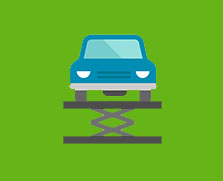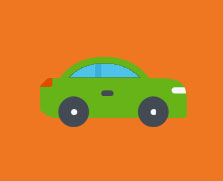Under what circumstances should I allow my Mondeo's turbocharger to cool as it spools down?
I have queries on two issues on which you have advised several times. Firstly you have warned that a turbocharged engine should be left idling before switching off to enable the turbo bearings to cool. Is this necessary on short journeys such as shopping or local visits, which would be a real nuisance? On older cars I used to notice the turbocharger "kicking in" at higher revs, but on my Mondeo 2.2 CDi this is not obvious. Does a modern turbo run continuously or still only operate at middle to high revs? After a motorway journey, would a minute’s drive to the front door at low speeds be sufficient to cool the bearings?
Secondly, with the warnings given concerning diesels used for low mileages I wonder at the number of small diesels seen in supermarket car parks driven by women, many of which I suspect are low mileage family second cars. We are replacing my wife's car, which will be for very low mileage usage, and dealers do favour pushing diesels and in some cases available options are more limited than petrol. No dealer has advised against a diesel option. Is this a general lack of knowledge?
It's advisable to idle the engine of a turbodiesel for 30 seconds to two minutes before switching off when the turbo is almost red hot, which it will be after towing, after ascending a long hill or after cruising on a motorway. So idle it for 30 seconds before switching off when stopping for fuel, but at the end of a motorway journey the drive from motorway to home at varying speeds is usually enough to ensure the turbo bearings are cooled by oil as the turbo spools down. The exhaust-driven turbo vanes spin the turbo all the time but the revs increase. They usually effectively boost the engine from about 1500rpm, but some work earlier and some later.
If a salesman sells a diesel with a DPF to someone who tells him they need a car for repeated short runs from cold and that car then suffers problems with the DPF, then the salesman and the dealer he works for are now legally liable.
If a salesman sells a diesel with a DPF to someone who tells him they need a car for repeated short runs from cold and that car then suffers problems with the DPF, then the salesman and the dealer he works for are now legally liable.
Answered by Honest John on




